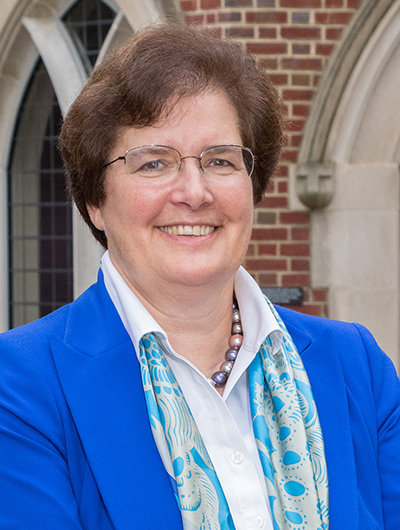
As each academic year draws to a close, I like to reflect back on what went well along with areas of potential improvement. Each law school has its own unique list, no doubt, but some successes and challenges are shared across legal education.
In the good news category, law schools have seen an increase in applications, particularly from applicants with higher LSAT scores. Surveys and anecdotal evidence suggest that the increased interest in law school reflects a renewed sense that law matters and that lawyers can be agents of change. We see this commitment to service reflected in the admissions essays of prospective students and in the millions of hours of pro bono service that current students are providing within their communities.
On the challenges side, proposed changes in the federal education loan program have brought into sharp focus the obstacles that law schools—and all of higher education—face with respect to finances. Quality legal education, like other types of quality higher education, is expensive, and there are relatively few funding options beyond tuition. For the last decade, the federal government has been the primary education loan lender. The PROSPER Act, pending in the U.S. House of Representatives, would change that by capping the amount that graduate students can borrow per year at $28,500, and would also eliminate Public Service Loan Forgiveness. Whether or not this law passes, it has brought into focus an obvious point: most students today cannot fund their legal education from accumulated wealth or current income. If we want a legal profession that is diverse and open to all students with the requisite drive and ability, we will need to continue to look hard at both the cost and the financing mechanisms for legal education.
Even as we explore new financing mechanisms and ways to keep costs down, we must make the case to policy makers and the public that high quality education is, at least in part, a public good that warrants public investment. Just as society needs well-educated engineers to build and maintain our physical infrastructure, we need well-educated lawyers to build and maintain our legal infrastructure. As Carel Stolker puts it in his book, Rethinking the Law School, “No matter where you find yourself in today’s globalized world, good legal education and research are of utmost importance for social stability, the rule of law, and economic growth.”
Looking at both the challenges and the opportunities, I see reason for optimism. In March, Congress increased funding for the Legal Services Corporation by $25 million, giving LSC its largest budget allocation since 2010. Also in March, we saw hundreds of thousands of high school students become energized about law reform. The challenges confronting law schools will not magically disappear, but they will be easier to solve against a public backdrop that recognizes the importance of law and justice—and the education that makes them both possible.